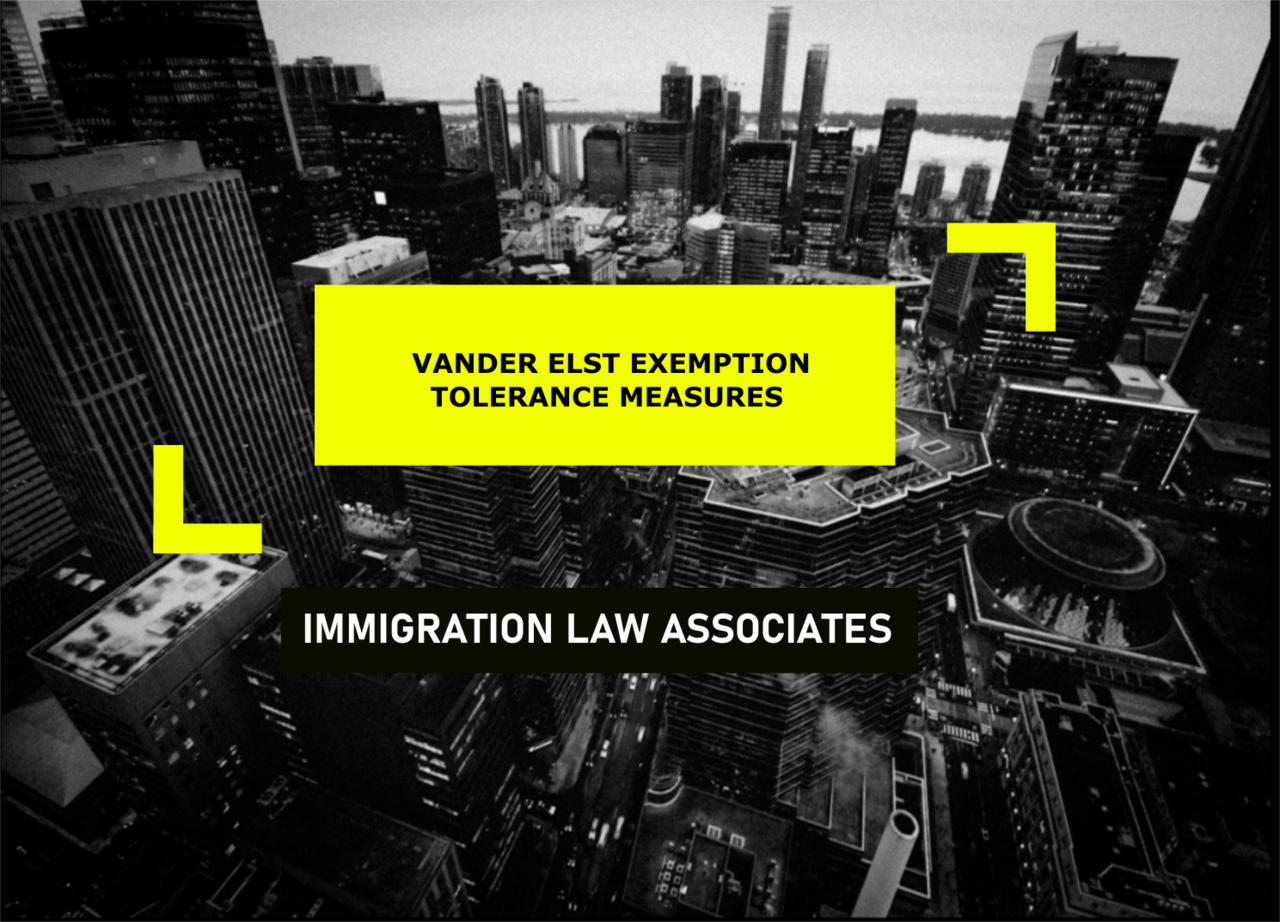The Administrative Tribunal of Luxembourg was called upon to rule on an appeal seeking the annulment or amendment of a decision made by the Minister of Immigration and Asylum to order a three-year entry ban (accompanying an order to immediately leave the country).
Pursuant to Article 6.6 of Directive 2008/115/EC, Member States may adopt such decisions (i.e., decision on a removal and/or entry ban) in a single administrative or judicial act.
In the case at hand, the third-country national concerned had voluntarily left the Schengen territory and was seeking to annul or amend the entry ban.
The facts that gave rise to the dispute merit attention.
The third-country national concerned (Brazilian national), was found working in Luxembourg under the following legal status:
- Brazilian passport states 11 months overstay in the Schengen territory
- social badge issued by the ITM (worker posted by a company based out of Portugal)
- employment contract concluded with the Portuguese employer
- in Portugal: “tolerance measure” (registered in the population register and the central register of contributions, however, not covered by a valid residence permit)
As regards the law in Portugal, Article 2 of the Law No. 59/2017 of 31 July 2017, amending Articles 88, 89 and 135 of the Law No. 23/2007 of 4 July 2007, lays down a legal right to regularisation, for the purposes of dependent professional activity, to third-country nationals who:
- had an employment contract, a proven employment relationship or an offer of employment letter, and
- had legally entered in the country, and
- were registered with the social security authority (except for cases in which the demand for regularisation was grounded on an employment offer)
Since 2019, the entry is deemed to be lawful if the applicant worked in Portugal and had his/her situation regularised from the perspective of social security subjection, for at least 12 months.
In the case at hand the unlawful presence was not disputed, and the alleged “posting scenario” was invoked as evidence of good faith, with the view of annulling or reforming the entry ban decision (the worker was persuaded that the employer had regularised the situation in Luxembourg).
The case raises the question of rights derived from “tolerance measures” laid down by national laws.
From the perspective of Art 56TFEU (freedom to provide services), it follows from the ECJ ruling in Raymond Vander Elst (Judgment of 9 August 1994, C-43/93, EU:C:1994:310), and from subsequent related case-law, that employers established in a Member State, posting third-country nationals to another Member State, are exempt from the obligation to obtain work permits for those workers, if they are legally resident and authorised to work in the country of employment.
In Vander Elst, “the legal issue before the Court was rather whether, by posting the workers to the receiving State, they gained access to the latter’s labour market and, if so, whether the receiving State could, on that account, impose additional requirements” (Opinion of AG Wahl delivered on 27 September 2018 in Balandin, C-477/17, EU:C:2018:783, paragraph 89).
In any circumstances, the ECJ ruling in Vander Elst does not create a right of residence in the host Member State. The right of stay for a period of three months is covered by lawful residence in the country of employment, beyond that period an application for a residence permit must be lodged in the host country.
A “tolerance measure” (i.e., a legal status based on national law), can give rise to the issuance of temporary permits issued pending examination of a first application for a residence permit, in the meaning of Article 2(16)(b) of Regulation 2016/399 (Schengen Borders Code).
Such permits fall out of the scope of the notification obligation laid down in Article 39 of Regulation 2016/399 and cover lawful stay exclusively in the issuing Member State.
Moreover, even if the duration of stay does not exceed three months, the “Vander Elst exemption” falls under the scope of Article 23(d) of Regulation 2016/399:
“The absence of border control at internal borders shall not affect:
(d)the possibility for a Member State to provide by law for an obligation on third-country nationals to report their presence on its territory pursuant to the provisions of Article 22 of the Convention implementing the Schengen Agreement of 14 June 1985 between the Governments of the States of the Benelux Economic Union, the Federal Republic of Germany and the French Republic on the gradual abolition of checks at their common borders (‘the Schengen Convention’)”.
Even if widely applying Art 56TFEU (e.g., to situations covered by uniform visas issued to third country nationals employed to carry out work for periods does not exceed 90 days in any 180-day period), that reasoning may not be extended to temporary permits issued pending examination of a first application for a residence permit. The third-country nationals’ presence within the territory of the host Member State would not comply with its legislation on entry and stay, and consequently the Vander Elst exemption may not be enforced.
From the perspective of social security coordination, in Balandin (Judgement of 24 January 2019, C-477/17, EU:C:2019:60), the ECJ ruled that nationals of third countries who temporarily reside and work in different Member States in the service of an employer established in a Member State, may rely on the coordination rules, provided that they are legally staying and working in the territory of the Member States.
In simple words, the Vander Elst exemption can justify legal work (in the host Member State), however, social security subjection per se, cannot justify enforcement of the said exemption (see to that extent recital 10 of Regulation 1231/2010).
The takeaway
Tolerance measures are not recognised in cross-border situations.







Please sign in or register for FREE
If you are a registered user on The Forum for Expatriate Management, please sign in